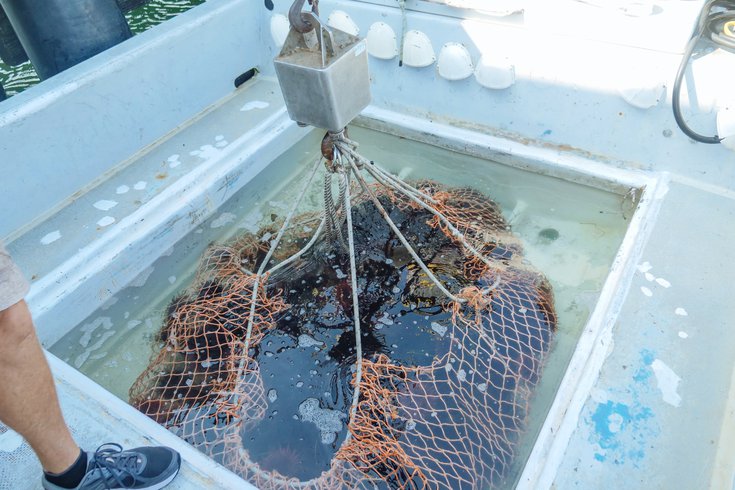
June 20, 2023
 Kindel Media/Pexels
Kindel Media/Pexels
An audit of COVID relief spending for New Jersey's fisheries found that nearly half of the $14.4 million awarded to businesses may have been overpaid or distributed without adequate internal review of applications.
Nearly half of the federal relief money paid to New Jersey fisheries and related businesses during the COVID-19 pandemic may need to be returned to the state due to the improper review of applications by the state Department of Environmental Protection, officials said Tuesday.
The relief money provided by the CARES Act in 2020 was intended to help businesses around the country recover from the economic toll of the pandemic. The New Jersey DEP administered a total of about $14.4 million to fisheries through two rounds of the program, approving money for seafood processors and dealers and charter fishing companies that submitted applications for recovery funds.
On Tuesday, the New Jersey Office of the Comptroller sent a letter to the DEP detailing the findings of a review that looked at how the relief application process was handled. The office partnered with an independent monitoring agency that assists in the state's oversight of program accountability and integrity.
In total, auditors found that about $7 million paid to fisheries may have been made without adhering to program guidelines or conducting thorough assessments of records on applications.
The letter to the DEP states that some or all of this money may be subject to recoupment by the state. And if the applicants who received the money don't pay it back, New Jersey taxpayers may be on the hook to cover the balance, acting comptroller Kevin D. Walsh said.
The state's review found that nearly 40% of the 117 fishery applications that were approved for funding from the DEP were made "more than whole," meaning they received more money than their reported losses. About 25% of awards were given for applications that lacked necessary documentation. Many businesses had incomplete financial records or failed to provide supporting documentation to explain their losses.
The program for fisheries came under scrutiny last year when the comptroller's office found examples of overpayments that warranted a closer review.
When CARES Act funding was made available, state agencies in the U.S. often worked rapidly to distribute the funding across multiple programs to ensure the relief could reach affected businesses. One federal watchdog estimated in January that the federal government may have issued more than $5 billion in potentially fraudulent loans during the pandemic. This month, an Associated Press analysis estimated about $280 billion in COVID-19 relief funding was potentially stolen or otherwise wasted.
During the pandemic, New Jersey Gov. Phil Murphy instructed the comptroller's office to monitor what became about $6.24 billion in pandemic relief money. Most of the audits conducted by the state have not found significant problems with how programs were run, The New York Times reported.
But sloppiness in the DEP's fisheries program has resulted in a trail of mismanaged money that Walsh described as a part of problem that's affecting state governments across the country. He told the times the process of identifying and rectifying issues with relief money could continue for the next decade.
The comptroller's office said the DEP has committed to providing periodic status reports on its own review of the flagged applications and its efforts to seek recoupment of funds. The DEP also said it has put in place more controls for the distribution of federal funds in other COVID-19 programs it administers in order to reduce the opportunity for fraud, waste and abuse. Part of that process includes better staff education on the systems used to manage and certify grants.
"Receiving and processing applications and distributing funds in a timely manner were critical to the success of the Fisheries Program, but the work is not done when the funds are distributed," Walsh wrote in his letter.